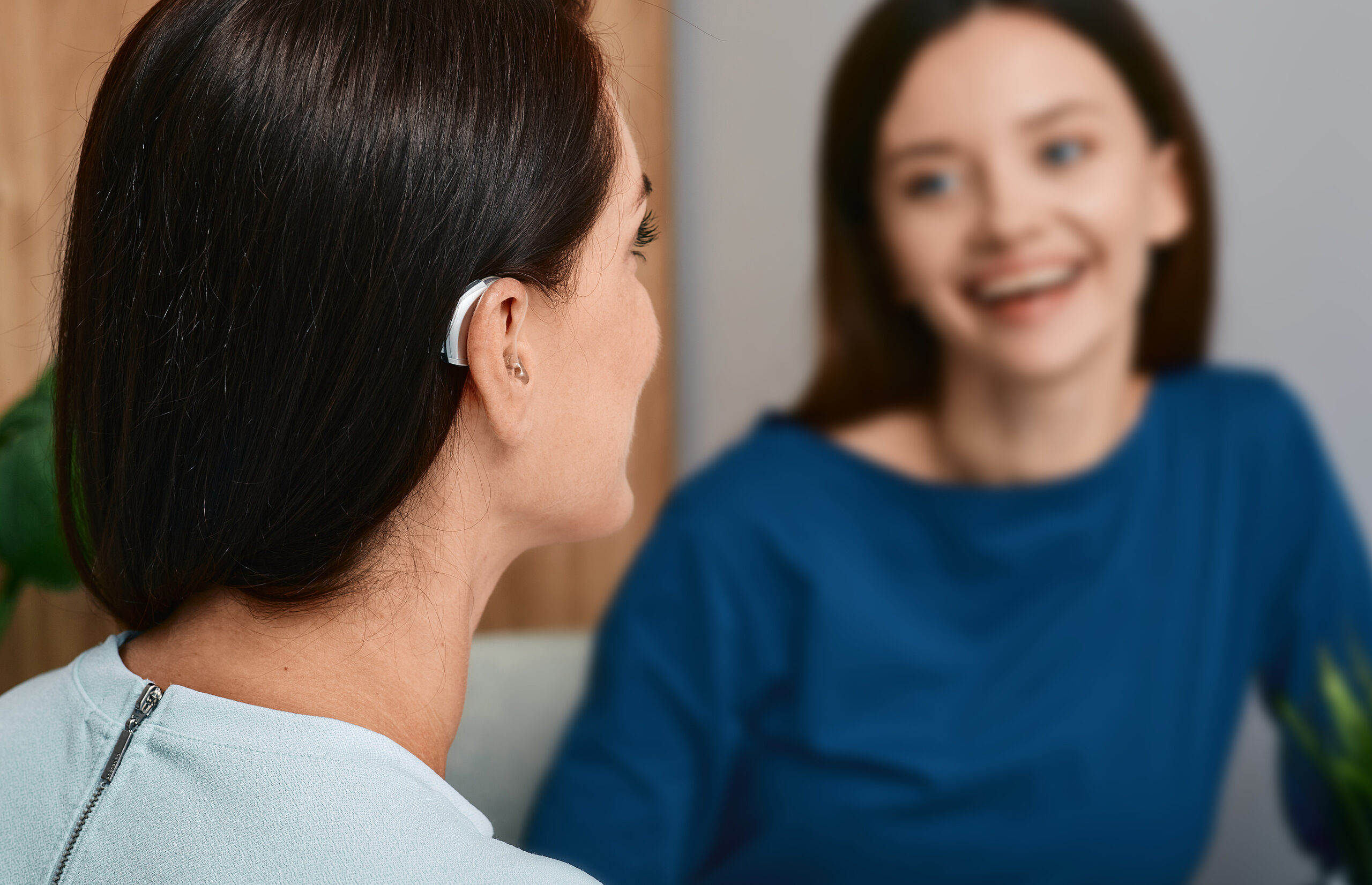Treating Hearing Loss Helps You Stay Socially Connected

It is thought that about 48 million Americans have hearing loss, with those 60-69 years old being the most affected. The American Association of Retired Persons (AARP) says that nearly 1 in 5 older people are socially isolated.
These two statistics are more linked than you would think. Read on to find out more.
Isolation and loneliness
Being alone results from being cut off from family, friends, and the community; some things that can make someone more likely to feel alone are living in a rural area, having limited mobility, having a long-term health condition, or living alone. When social isolation and hearing loss happen together, the hearing loss could worsen the social isolation if it isn’t treated.
Hearing loss that isn’t treated can make it hard to talk to people in busy restaurants, bars, or even large family gatherings. If you ask someone to repeat themselves several times, they may stop talking to you and become distant. Sadly, this happens all too often and is a sign of even more social isolation. In 1999, the National Council on the Aging studied social behavior and found that people who don’t use hearing aids are much less likely to participate in social activities.
How hearing treatment can help
Hearing aids are designed to help you hear better. But they can also help you connect with the people around you. Hearing aids make it easier for you to hear conversations in noisy environments, such as at a restaurant or a party. They also help you hear voices and sounds from every direction — not just from one direction like your own voice.
Hearing aids with directional microphones allow you to focus on the conversation while tuning out other voices and noises in the background. This feature allows you to enjoy a conversation without constantly adjusting your hearing aid settings.
Hearing aids with directional microphones have several other benefits:
- They give you more control over your hearing experience. You can control how much background noise reaches your ears so that conversations come through loud and clear while anything else is reduced or eliminated.
- They improve speech recognition when more than one person talks at once (e.g., in a busy restaurant).
- They help reduce feedback and background noise when people talk into a microphone (e.g., during presentations or videoconferences).
More about hearing treatment
When you go to an audiologist for a hearing test, you get a complete picture of your hearing loss. The doctor will then tell you what you should do next. It’s not always easy to admit that you need help, but if you think about the good things that will happen if you take care of your health, you’ll be able to do it.
It will be essential to tell your audiologist about how you live so they can help you better your journey to better hearing health. Tell them about your job and what it’s like, your hobbies and social habits, if you live alone, and anything else you can think of, especially things that might have made it hard for them to hear you. With this information, they can find a hearing aid that fits your needs.
Keep the connections alive.
As you progress with your hearing health, keep and strengthen your relationships with loved ones, make new friends, and get involved in your community. The best way to stay socially connected is to have a strong network of friends and family around you. If you don’t have this, it’s time to make new friends.
Here are some ways to meet new people who can become good friends:
– Join Meetup groups, groups of people with similar interests and hobbies. You can find these groups by searching for them on Meetup.com or by visiting your local library or community center.
– Volunteer at a local charity or nonprofit organization. Volunteering will allow you to meet like-minded people and build a friendship with them over time.
– Start an online group on Facebook or Google+ where you can share photos, stories, and ideas with others who share your interests. This can be helpful if you’re trying to build up your social circle online before meeting up in person later on down the road!
Ready for more social connections? Contact us today to start your hearing program.
